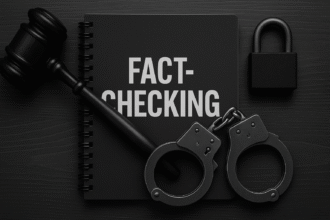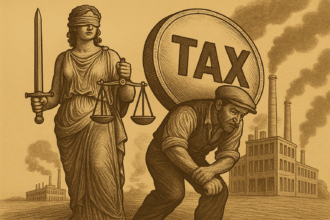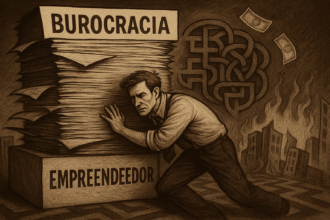In a world where the value of money is constantly eroded by inflation, interest rate manipulation and opaque monetary policies, a group of libertarian programmers decided to do something unprecedented: create a currency that could not be controlled by the State.
The birth of Bitcoin, in 2009, was more than a technological experiment. It was a direct response to the 2008 financial crisis — an attempt to build a decentralized, voluntary and transparent monetary system, where trust would not depend on central banks, governments or banks.
But the question remains: Is cryptocurrency money?
What is money? An Austrian reminder
The Austrian School of Economics has always understood money as an emergent good—not imposed by decree, but freely chosen by the market over time for its usefulness as a medium of exchange.
As taught Carl Menger, money appears spontaneously. And as reinforced Mises, it needs acceptance, scarcity and divisibility — not state endorsement.
In this logic, the cryptoeconomy is a legitimate revolution. Bitcoin did not need legislative approval, five-year plans or subsidies. He earned his place on merit — and out of necessity.
Why did state money fail?
- Chronic inflation: Central banks flood the economy with paper money that is detached from any real basis.
- Deficits financed via money printing: The taxpayer pays the bill for fiscal irresponsibility with a loss of purchasing power.
- Control and tracking: The traditional banking system operates as an extension of state power, with surveillance, freezes and blocks.
Cryptocurrency is therefore born, as a reaction, not as fashion.
Cryptos as a Store of Value (and More)
Bitcoin is digital gold not only because it is scarce (limited to 21 million units), but because it is uncensorable, transferable and programmable. In countries with authoritarian regimes, out-of-control inflation or bank exclusion, it works as a real alternative to the national currency.
It’s no wonder that countries like Argentina, Nigeria, and Venezuela are leading the way in crypto usage outside of major financial centers. And more recently, El Salvador adopted Bitcoin as legal tender.
Is money without government possible?
If the market can decide what is money, why accept only the state's currency?
Experience with cryptocurrencies shows that currencies can be born from freedom, not from imposition.
As I said Hayek: “I don’t believe we’ll have a good currency again until we take that right out of the hands of the government.”
The idea of multiple currencies competing against each other — private, digital, decentralized — is not only viable, but desirable to preserve individual freedom and contain the power of the financial Leviathan.
Conclusion
Cryptocurrencies are more than speculative assets. They are technological manifestations of a philosophical revolt against monetary tyranny.
And the correct question is no longer “is cryptocurrency money?”, but rather:
“Why does the state have a monopoly on what we can use as money?”





